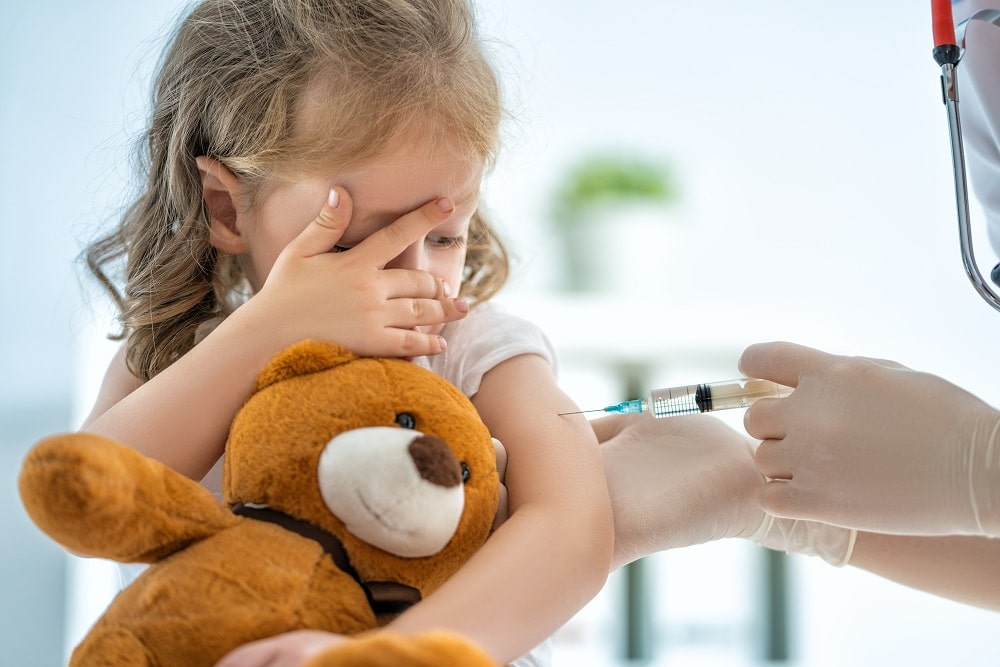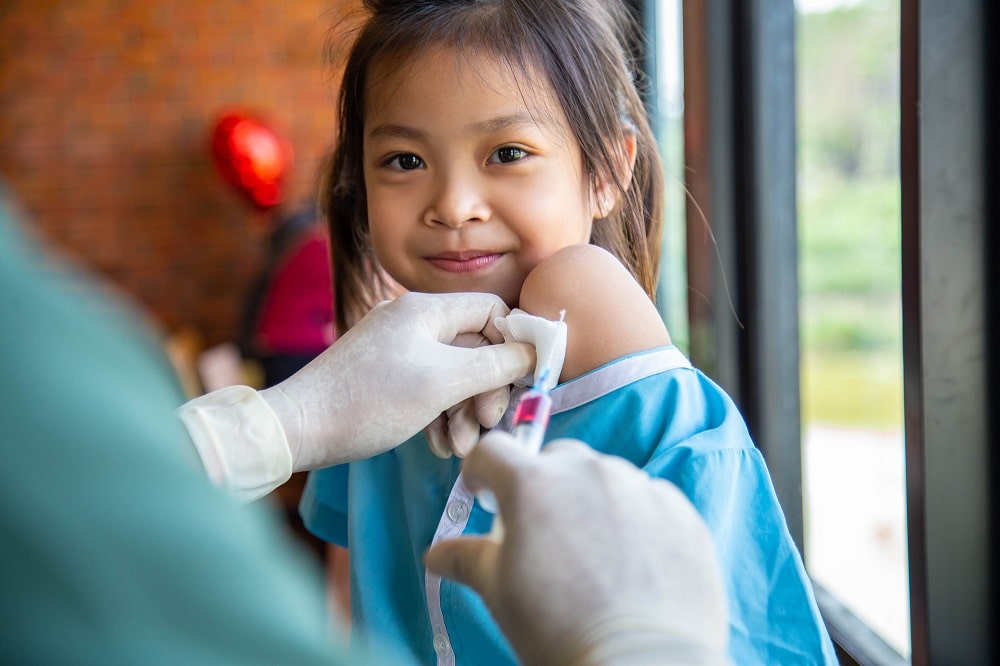Parents bear the responsibility of safeguarding their children’s health. They can protect them from diseases that can be prevented through vaccination. Vaccines are instruments that, in collaboration with the immune system, protect the body against infections.
Vaccination is the easiest and most important way to protect your child from life-threatening diseases. By adhering to the recommended vaccination schedule, you can save your child by ensuring they receive the necessary vaccines at the appropriate times.
Keep reading the following article on parents’ guide to child immunization.
Importance Of Vaccines
Although childhood vaccines can seem tiresome and time-consuming, especially for first-time parents, they’re essential to a child’s health. Despite the challenges, the benefits far outweigh the risks. While vaccinations can sometimes have side effects, it’s important to consult a doctor if post immunization neuropathy or other serious conditions occur.
Parents should embrace vaccination for their children to experience the following benefits:
- Reduce Transmission Of Diseases From One Person To Another: It’s crucial for parents to recognize that vaccinations serve as a shield, protecting children against serious diseases such as tetanus, whooping cough, and polio. It keeps them safe by eradicating severe transmittable diseases from one child to another. In most cases, many children are admitted to hospitals with similar sicknesses. Therefore, to keep your child safe from such a scenario, ensure they receive the required vaccine on time.
- It Helps Boost The Immune System: Vaccines often contain a weakened, inactivated, or a piece of the germ that causes the disease, thereby exposing children to a harmless version of the infection through vaccination. Therefore, the child’s immune system develops antibodies that protect them from contracting the disease. Also, assuming they get infected with the disease, the antibodies built by the immune system will be able to fight the disease; thus, they will not suffer much compared to those who haven’t taken the vaccination.
When Should Children Get Vaccinated?

As a parent, you may be worried about when you should vaccinate your child. Rest assured, following the immunization timetable established by health experts ensures your child receives vaccines at the optimal times for their protection. The program is meant to protect your child at the susceptible ages for each disease.
As a result, vaccines should be administered at the most preferred time to protect children from getting severe conditions. The most immunizable diseases include Polio, Tuberculosis, hepatitis B, and measles, among many others.
Vaccination Safety
It’s natural to question the safety of vaccines. However, all vaccines undergo rigorous testing before they are approved for use, ensuring they are safe for your children. The tests ensure that your child won’t be harmed by vaccinations at any cost.
Trust in the rigorous and lengthy trial process that every vaccine undergoes to ensure its safety. Also, there are specific tests it must go through for it to be approved.
Side Effects Of Vaccination
Like any other medication, there is a possibility of experiencing some side effects after administering the vaccine. The side effects are generally mild, which include swelling in the injected area. For example, if you’re a first-time parent, you needn’t be alarmed if your child experiences some swelling after vaccination. This is a common reaction and happens to many children.
Also, the child may sometimes develop a fever, making it difficult for them to sleep. The side effects are normal and usually go away after two days. Taking your child for a checkup is advisable if the side effects exceed two days. It’s important to note such cases are rare; thus, only a few cases have been reported.
Preparations Before Vaccinations
Parents should be ready to vaccinate their children when the right time comes. In preparing for this, it’s important for parents to take a step and inform the doctors about any underlying health condition their child might have. The doctors involved need to know the state of the child. For example, is the child allergic? If yes, what precautions should the doctors take? Good communication between the doctor and parent will help eliminate risks that may arise due to the parent’s carelessness.
Additionally, parents should observe their children for any unusual symptoms after vaccination. If the symptoms persist, they shouldn’t delay taking the child for a medical checkup.
Also, they shouldn’t forget to check with their doctor to ensure the child gets all the required vaccine doses without delay. Keeping all these considerations in mind, remember that bearing a child is one thing, and caring for the child’s health is another essential thing.
Bottom Line
Childhood immunization is crucial to protecting your child against diseases. Vaccines are both safe and effective. For your child’s optimal health, it’s essential to adhere to the immunization timetable advised by your doctor. Ensure the above guideline and take care of your child’s health.

